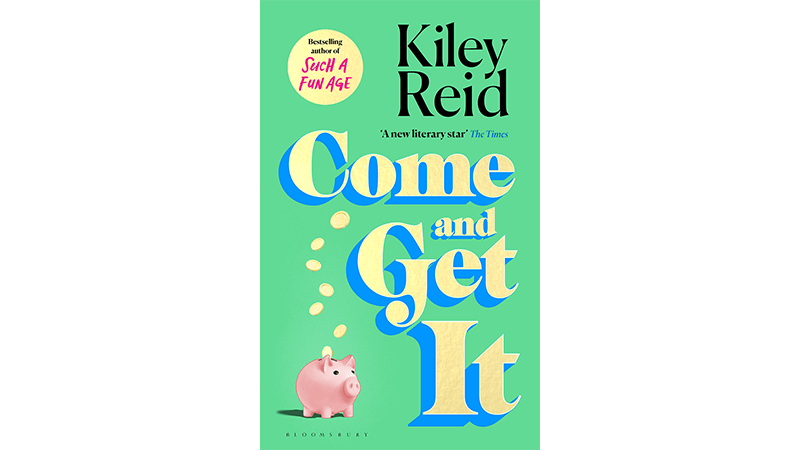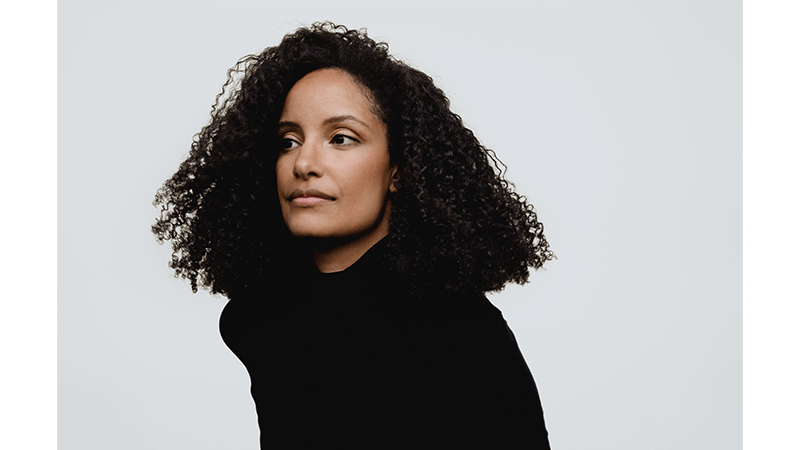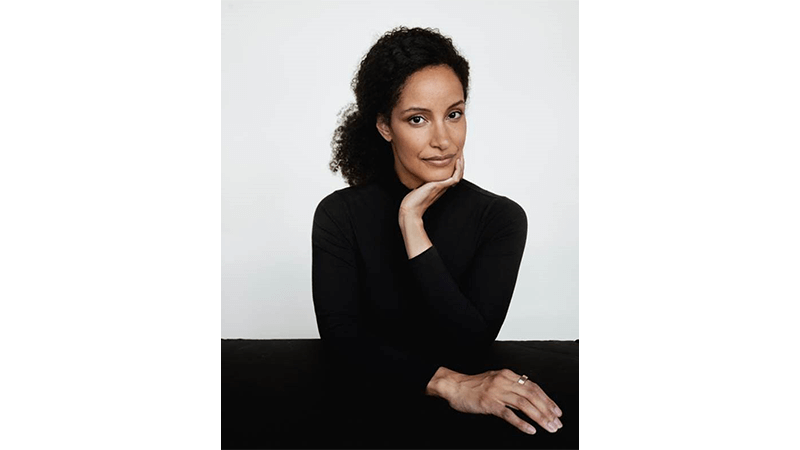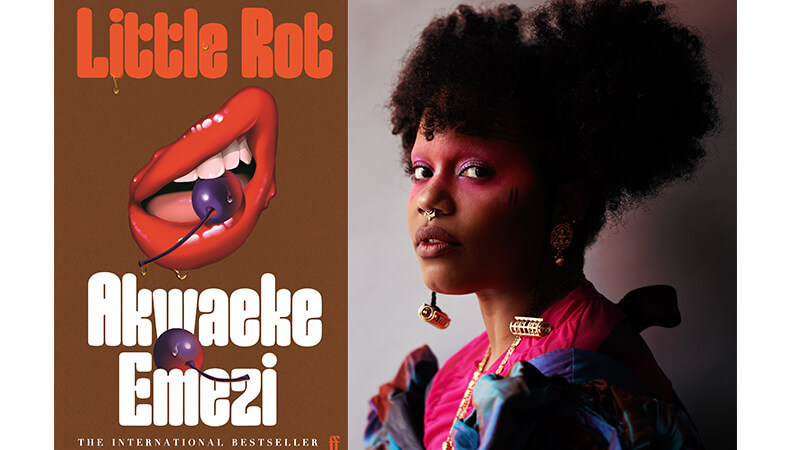Kiley Reid On Her Second Novel: “Being Curious Is More Important Than Writing What You Know”
When you’ve written the most talked-about book of the year, how do you follow that up? This is the predicament facing Kiley Reid, whose debut novel Such A Fun Age was the cult read of 2020. This is of course, one of the first things I ask her when we meet for coffee in London to discuss her second novel, Come And Get It. That is, after I apologise for asking the same question everyone else must be asking…
“You know, I love the second album analogy,” she laughs. “Often artists go acoustic on their follow up, I guess that is what you could call this: my acoustic album!” The majority of the writing for Come And Get It was already completed before the release of Such A Fun Age, but the unbelievable success of its predecessor was a justification of sorts for her follow up. Because it is, she tells me, her “small book” – a campus novel of three women connected through a university dorm, whose tales of power, money and loneliness interweave.

Just as much was made of Reid’s previous work as a babysitter before penning a babysitter protagonist in her debut, she imagines critics will pick up on the fact that one of the central figures in her latest is a visiting professor. She herself is currently assistant professor at the University of Michigan. Reid and I share a frustration with the ideology that one’s own personal experiences form the limits of your creative playground.
“Are we all just meant to write memoirs? Where’s the fun in that?” Reid grins, shrugging off the suggestion that ‘she’ is in her books. That’s another thing about her – she is enormously good company. “No one ever demands that sci-fi books actually be written in space,” she continues. “Your own experience can be great fodder for fiction, but being curious is more important than writing what you know.”
We naturally segue into conversations about race, and how writers of colour are similarly saddled with the expectation of always explaining racism to white audiences. Reid’s debut became one of those pinnacle books, released into the maelstrom of 2020 following the murder of George Floyd.
“I think a lot of Black authors, myself included, got a big bump in sales that summer and had to contend with the fact that their book was used as a tool to make people feel better about themselves,” she says. “But, you know, I talk a lot more about healthcare than I do about race in that novel!”

It is clear to me that, despite her erudition both on and off the page on issues such as class, race and power, what Reid would much rather be known for is her imagination. “I’m not a sociologist! I’m not even a non-fiction writer!” She shrugs in jovial exasperation. “I am a writer of fiction. I love crafting characters and dialogue. Funnily enough, Black people are not always thinking about being Black.”
Her knack for forging characters, from the prickly, complicated professor Agatha Paul to the shades of isolation she renders so deftly in the story of the student Kennedy, is on sterling display in Come And Get It. Reid also cleverly plays around with themes of consumption and ownership, in a novel where the words of others are aped, stolen and, in some cases, financially exploited. “I love the grey area of that, of who has ownership over someone’s narrative, how these stories come about, what inspires them.” she says.
The forensic eye for this topic is some of her best work, because it gets to the heart of what Reid is: a consummate storyteller. And with an imagination like hers, the story does not have to be her own.
Come And Get It is out now
Marie-Claire Chappet is a London-based arts and culture journalist and contributing editor at Harper’s Bazaar




